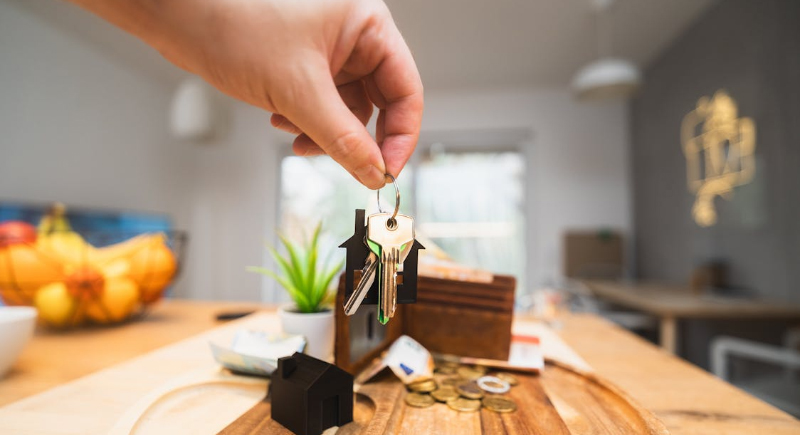Yes, You Can Pay Off Your Mortgage in 2 Years If You Follow This Blogger’s Blueprint
Emma Jackson didn’t grow up with much money, but that didn’t stop her from buying a home at 25 and clearing her mortgage in just two years. Her story has attracted attention for both the speed of her payoff and the practical steps she used that others can adapt.
The Start of a Smart Plan

Image via Canva/Pressmaster
Emma grew up in a household where money was tight. Her parents struggled after being given poor mortgage advice, and that experience made her determined to avoid debt traps. She began saving wages at 17 and by the time she was ready to buy a home, she had built up a deposit of £36,000.
Since she worked part-time when she purchased her flat in Sheffield, her lender approved only a small mortgage of £44,000. Instead of being disappointed, Emma used it to her advantage. Her repayments of just £200 a month meant she had room in her budget to funnel extra income into overpayments. She kept her living costs down by using cashback websites and discount codes to ensure more money could go toward her loan. Even free food apps were utilized.
The Blog That Paid the Bills

Image via pexels/Tatiana Syrikova
In 2017, Emma launched her blog, “Bee Money Savvy,” to share money tips with friends. At first, it earned nothing, but within a few years, it became a solid side income. In her first year of homeownership, she made £11,000 from the blog, and in her second year, £20,000. She combined that with overtime pay and side hustles like online surveys. She also worked on mystery shopping and market research interviews, all aimed at building savings for mortgage overpayments.
Her lender allowed her to overpay 10% of the balance each year without penalties, so she added £4,400 in 2019 and £3,800 in 2020. Then she saved for a final lump sum of £33,000 in 2021, which cleared the mortgage entirely. By 27, Emma owned her home outright, decades earlier than the typical UK homeowner who finishes paying in their late 50s.
Pros and Pitfalls of Early Payoff
Becoming mortgage-free so quickly gave Emma peace of mind and the freedom to start investing. She began putting the money she had used for mortgage repayments into shares and funds. She later bought a second property in Leeds, largely funded by her blogging income.
Still, financial experts caution that early payoff isn’t always the best move. Putting all spare money into a mortgage could mean missing out on better investment returns. It can also leave you cash-poor if you don’t have an emergency fund, and some lenders impose prepayment penalties that reduce or even wipe out the benefit.
How You Can Steal Her Strategy

Image via pexels/Jakub Zerdzicki
Emma’s approach might be intense, but the basics work for almost anyone. You don’t need to wipe out your mortgage in two years to see results. Switch to biweekly payments so you sneak in an extra payment each year. Toss tax refunds, bonuses, or side hustle cash straight at the principal. You can also use cashback and discount apps to reduce costs and redirect those savings. Make sure any extra payment is applied to the principal, not just interest.
The big lesson here is that small moves stack up. Emma didn’t have a huge salary. She stayed consistent, while hustling on the side and refusing to waste money.